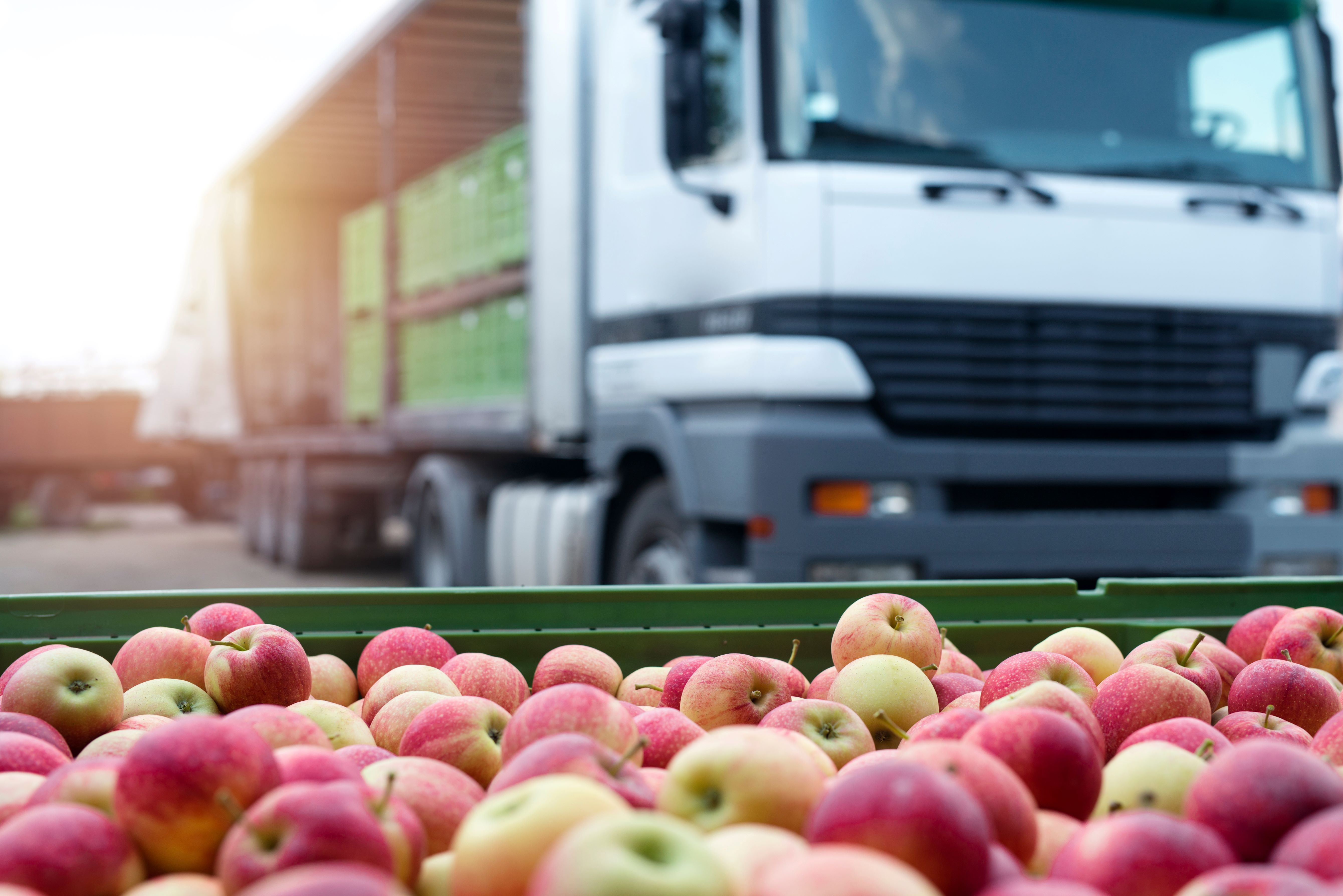
The second phase of the Border Target Operating Model (BTOM) has entered force today (30 April), with biosecurity minister Lord Robbie Douglas-Miller stating the changes “will help to guarantee the nation's protection against the very real threat of plant and animal disease”.
Goods subject to sanitary and phytosanitary (SPS) controls that are imported from the EU and are designated as “medium risk” will now be required to undergo “more rigorous” checks, the government says.
The new identity and physical checks will include “visual inspections and temperature readings” in an effort to catch diseases or pests before they can enter the UK.
Targeted measures
The government says that the new measures will target pathogens such as salmonella and African Swine Fever, which it adds is “widespread in certain countries across Europe and could be devastating to our pig farms”.
Previously, only high-risk goods were subject to these checks, with low- and medium-risk goods exempt.
“This was always intended to be a temporary measure to allow businesses time to adapt to any incoming changes,” the government says.
Border pilots
Today also marks the launch of two new border pilot projects.
One “will test whether businesses can carry out checks away from the border”, while the other will test new technologies to see if they can pave the way for a reduction in checks for some firms.
‘Cannot continue with temporary measures’
The Minister of State at the Cabinet Office, Baroness Neville-Rolfe, said:
“It is essential that we introduce these global, risk-based checks to improve the UK’s biosecurity. We cannot continue with temporary measures which leave the UK open to threats from diseases and could do considerable damage to our livelihoods, our economy and our farming industry.
“We have listened to all parts of industry every step of the way and will continue to support them to implement these changes as smoothly as possible.
“We are also doing a great deal to embed technology at the border and are continuously piloting new ideas and systems with input from industry.”
The cross-border trade view
Marco Forgione, director general of the Institute of Export and International Trade (IOE&IT), was quoted by the government in its announcement today.
He said that “the aim of the BTOM is to deliver a world-leading, digital first border system for the UK.
“Today is the next stage of the UK’s border transformation, introducing risk-based compliance checking and opening up access to simplified procedures to a wider range of produce will help the UK build much more resilient, anti-fragile supply chains.
“It is clear from our discussions with businesses here, in the EU and overseas, that engagement with them is central to delivering the tremendous benefits of a modern border for consumers and the wider UK economy.”
New charge
The Times reports today that the new requirements could have a negative impact on firms importing SPS goods from Europe.
Concerns are particularly pronounced around the ‘Common User Charge’. This requires importers to pay charges of up to £145 per consignment, regardless of whether they’re checked if entering through Dover or Eurotunnel.
“With the announcement of the Common User Charge, the worst concerns of SMEs in the UK and EU have come to fruition,” Forgione has said.
“While larger businesses have the capacity to absorb this cost, it will be small businesses that will feel the full force of these charges.”
Flower firm Tom Brown Wholesale said the checks could cost between £200,000 and £225,000 a year. Co-owner John Davidson told the BBC:
"Usually we try and absorb as much as we can, but those sorts of costs... [it's] just not possible to absorb everything.”
Disruption ahead?
Craig Marshall, director of Evergreen Exterior Services, which imports orchids from the EU, told the Times that the second phase of BTOM is “going to cause huge disruption”.
He added that “we don’t know to what extent yet because unfortunately we can’t get any answers on what the physical checks are going to cost”.
More detail needed
He also said that Defra guidelines do not provide sufficient detail on the protocols around temperature checks.
This could have implications for his business, he remarked, noting that, “if these houseplants are taken off the lorry for inspection during colder months, a few days later they will be dead”.

